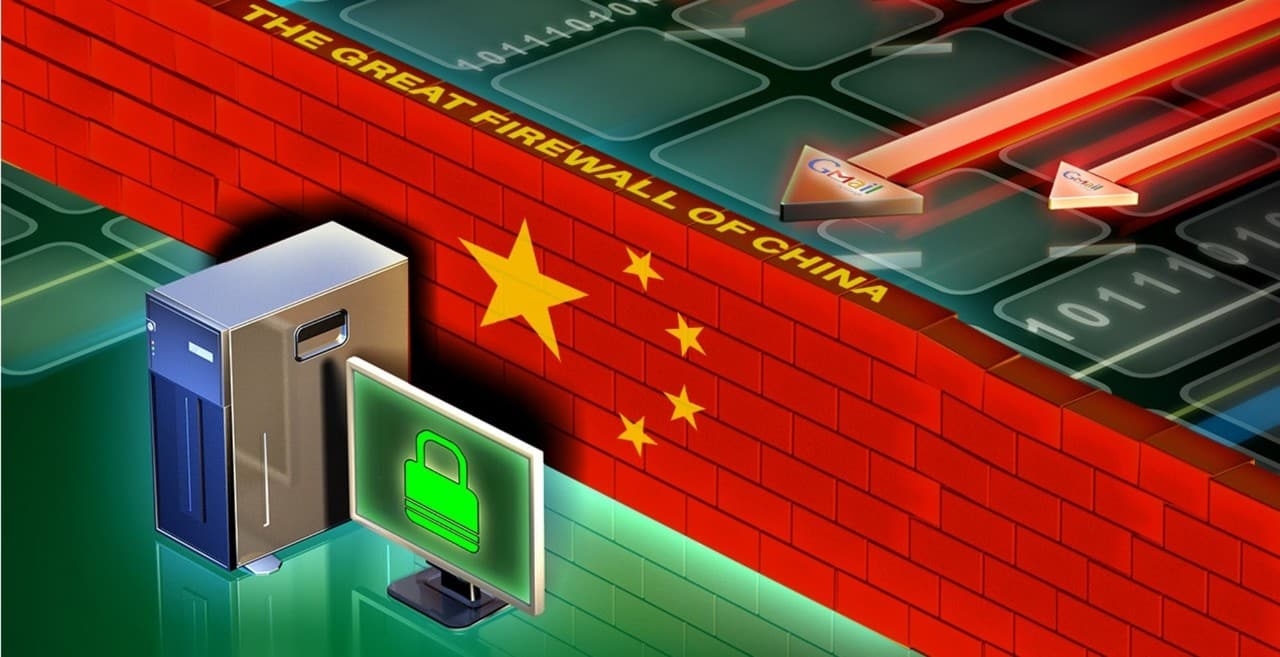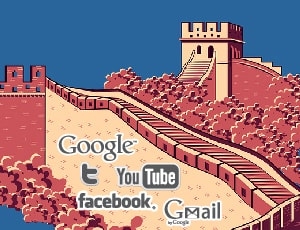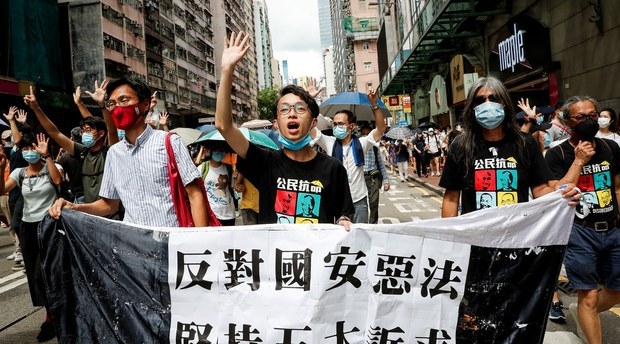Killing the Great Firewall of China
17 Jul 2024 16:23:50

The Great Firewall of China is among the most sophisticated and aggressive internet censorship systems in the world. Built to build a digital wall, blocking the spread of information and ensuring that the Chinese Communist Party is put first above all else, this digital barrier imprisons these 1.3 billion people in their own country, where they are merely kept isolated from reaching beyond its borders.
The Great Firewall of China does not only prevent access to information, but it also goes about actively silencing individuals who dissent. In May of 2011, a young man protested against the designer of the Great Fire Wall, Fang Binxing, by throwing eggs and shoes at him on campus at Wuhan University.
The bold retort brought the issue into the spotlight, where Chinese netizens cheered en masse online at this very act of frustration that could have seen as many support bans in action. When Google decided to pull out of China in 2010, where the government needed flabby search results to hurt space, netizens risked police harassment to show their support for Google by laying flowers at its Beijing office.
In 2013, reporters at the Southern Weekly newspaper published an open letter protesting against political censorship after an editorial calling for citizens' rights to be protected by law was rewritten and censored into a flag-waving tribute to the government instead. Reporters and citizens crowded the streets in protest, but to no avail as their exercise was shut down before it began; the piece that set off a powder keg of popular responses never saw light.
The Great Firewall of China, with its severe economic and social costs, hampers innovation and lowers competitiveness by shielding domestic businesses from global information flows and physical technology developments. In China, for instance, professionals and businesses face difficulties reaching vital resources as well as the collaboration platforms that are frequently offered in other countries.

It functions as a psychological wall, holding China on the inside and the world at bay on the outside. Access to varied ideas and global conversations is also blocked within this choice architecture, as people cannot use platforms such as Twitter, Facebook, or YouTube. This isolation allows a controlled narrative that helps the Communist Party, which is fortified by platforms like WeChat and TikTok that closely track according to government mandates.
“This censorship outside of China is also carried out with the help of the Great Firewall. Chinese apps, such as WeChat and TikTok, for example, even censor content when viewing from outside of China in accordance with how the Chinese government operates. And that extraterritorial censorship affects users worldwide and suppresses the speech of people everywhere on earth.”
We actually have far more internet freedoms in India compared to Communist China. Indian citizens can access almost all global platforms with limited censorship, and people here are not afraid of authorities beating down the door if dissent is expressed. China has an elaborate surveillance and censorship ecosystem, and India's way of regulating the internet is not completely flawless, but it does offer a balance that China lacks.
Despite the widespread censorship, netizens in China never stop seeking ways to bypass the Great Firewall. This is usually done by using VPNs, or virtual private networks, for access to uncensored information. The government has cracked down on their use with fines and imprisonment. During the major events—the accident of the chemical explosion in Tianjin in 2015 or the Hong Kong protests—the number of VPN downloads increased, which showed that people were desperate to seek news without filtered information.

This resilience is reflected in how Chinese citizens have not rested while fighting back against the Great Firewall. Government-raised digital barriers do deter many, but at the same time, many other people remain undeterred, always seeking out ways to be able to approach and share uncensored information.
The Chinese firewall is thus an intrinsic violation of personal liberties and an oppression tool that aids in keeping the Communist Party in power. It alienates the country's citizens from the rest of the community in the world, smothers innovation, and punishes dissent.
Article by
Shomen Chandra
Sub Editor, The Narrative